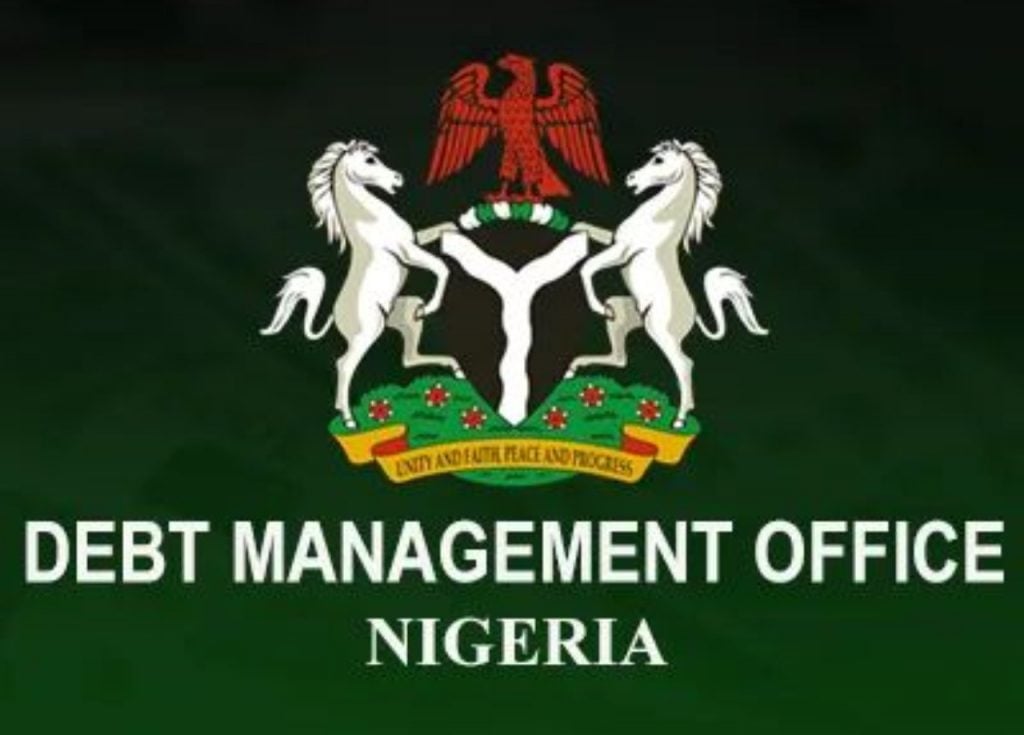
Nigeria’s public debt has witnessed a significant rise, climbing by 48.58% to reach ₦144.67 trillion as of December 2024, compared to ₦97.34 trillion recorded at the close of 2023.
This surge was disclosed in the most recent report published by the Debt Management Office (DMO), shedding light on the country’s growing debt profile.
In-depth analysis reveals that Nigeria’s debt grew by ₦47.32 trillion year-on-year, highlighting a sharp increase in both external and domestic borrowing over the past year. Furthermore, a quarter-on-quarter review shows a 1.65% rise from the ₦142.32 trillion recorded at the end of September 2024, indicating a continuous upward trend in the nation’s debt.
The surge in public debt can largely be attributed to a combination of both external and domestic borrowings. External debt has seen an extraordinary increase of 83.89%, growing to ₦70.29 trillion in December 2024, up from ₦38.22 trillion in the same period the previous year. Domestic debt, on the other hand, also experienced a substantial rise, increasing by 25.77% to ₦74.38 trillion from ₦59.12 trillion at the end of 2023.
Breakdown of Nigeria’s Debt Profile:
- External Debt: A more detailed breakdown of Nigeria’s external debt shows that the federal government accounts for the lion’s share, holding ₦62.92 trillion (approximately $40.98 billion), while states and the Federal Capital Territory (FCT) collectively hold ₦7.37 trillion ($4.80 billion).
- Domestic Debt: On the domestic side, the federal government is responsible for ₦70.41 trillion ($45.86 billion), while states and the FCT hold ₦3.97 trillion ($2.58 billion).
This rise in debt, particularly the substantial increase in external debt, has sparked concerns among financial experts and economic analysts. Critics argue that despite the growing debt, the nation still faces a significant infrastructural deficit, raising questions about the long-term sustainability of such borrowing.
Expert Reactions:
Dr. Muda Yusuf, the Chief Executive Officer of the Centre for the Promotion of Private Enterprises, expressed his concerns regarding the alarming rise in Nigeria’s public debt, especially in light of the nation’s infrastructural challenges. He emphasized that while borrowing could be justified for developmental purposes, the increasing debt burden without a clear strategy to address the country’s massive infrastructure gap could jeopardize Nigeria’s economic future.
This alarming rise in debt continues to dominate discussions in the financial sector, with many questioning the effectiveness of Nigeria’s borrowing strategy in addressing its infrastructural needs, as well as the broader implications for economic stability and growth.





